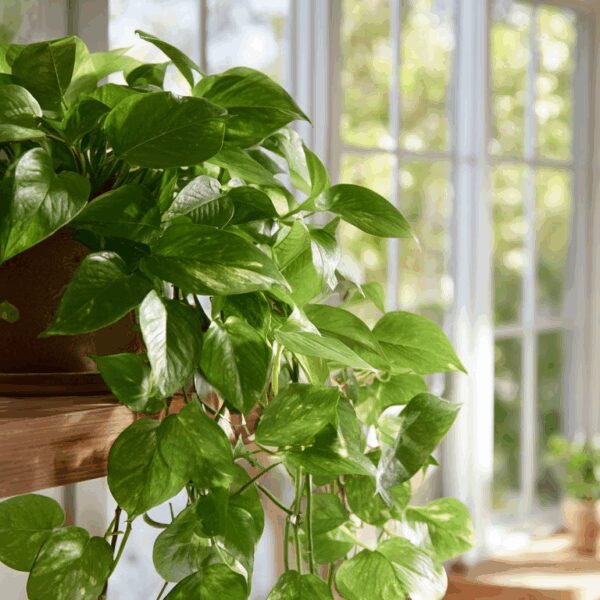July is the ideal month to take care of our tomatoes and ensure they receive adequate irrigation.
In this article we will discover together the best techniques for create a drip irrigation system for tomatoes without having to spend too much.
From practical advice to DIY solutions, everything you need to ensure your plants have the right amount of water to grow lush and healthy.
Advantages of drip irrigation
Tomatoes thrive when watered deeply and slowly.
Thorough watering helps tomato plants develop strong, deep roots, significantly improving fruit quality.
do experts recommend cutting them?
L’elimination of water stress during flowering it is essential to obtain juicy and healthy tomatoes throughout the summer.
Create a DIY drip irrigation system with a hose
One of the simplest methods to create a system drop by drop is to use a perforated tube. Take a tube and drill holes along its length.
Connect the hose to the faucet and, if necessary, use a pressure reducer to control the flow of water.
This method allows you to save water and irrigate the tomato plants evenly.
Use a porous tube
An alternative to perforated tube is porous tube, which is made from recycled materials and has small pores along its entire length.
These pipes can be secured to the ground with pegs and covered with mulch. Instead of a faucet, you can connect the hose to a rainwater tank for a more eco-friendly option.
Water with upside down plastic bottles
Recycling plastic bottles can be an economical and effective solution. Here’s how to do it:
- Take a plastic bottle and cut off the bottom.
- Poke holes in the bottle cap.
- Insert the neck of the bottle into the soil next to the tomato plants.
- Fill the bottle with water to slowly water the roots.
- Add the cut bottom of the bottle on top to prevent debris from contaminating the water.
Water with buried bottles
- Poke small holes in the bottom of the bottle.
- bury the bottle next to the tomatoes, leaving the neck sticking out.
- Fill the bottle with water which will be gradually absorbed by the roots.
- For further optimization, place a sock in the bottom of the bottle to better absorb the water.
- Consider using terracotta amphorae instead of plastic bottles.
Create an adjustable irrigation system
Another option is to create an adjustable watering system using plastic bottles and aquarium hoses:
- Cut a hole in the side of the bottle large enough for a hose.
- Insert a small tube into the hole and seal it with a rubber joint.
- Add a fitting to the end of the tubing to control the flow.
- Cut off the top of the bottle to make filling easier.
Frequency of watering in summer
During periods of intense heat, tomato plants must be watered daily to avoid stress.
When temperatures drop, you can return to deep watering twice a week. For potted tomatoes, daily watering is key.
Protect plants from direct sun between 10 a.m. and 2 p.mand if the leaves turn yellow, there may be an excess of water.
Using mulch helps maintain moisture during the summer, especially when you’re on vacation.
For those who like precision, you can monitor humidity with a rain gauge.







